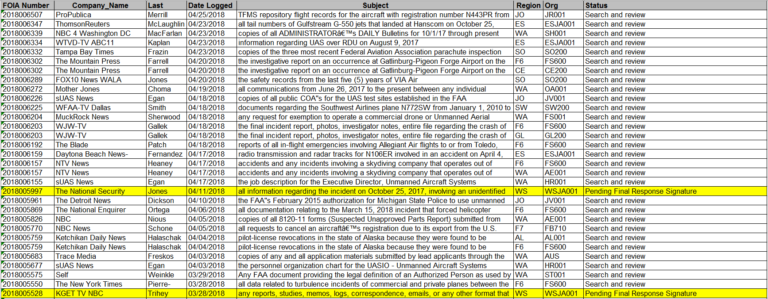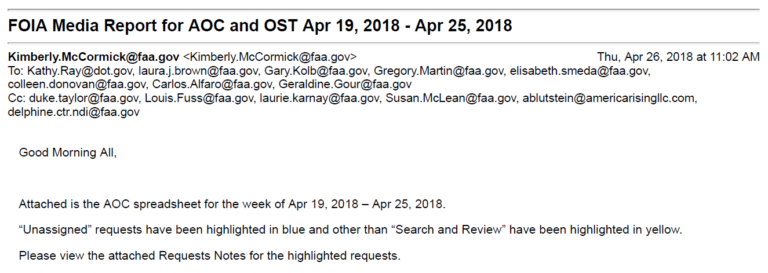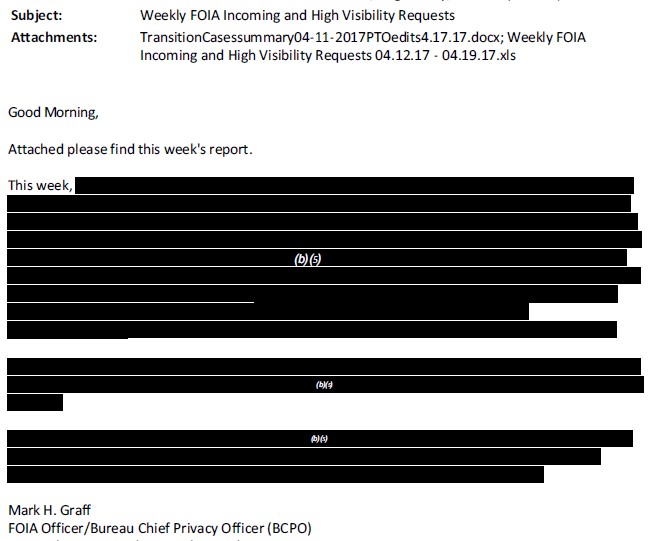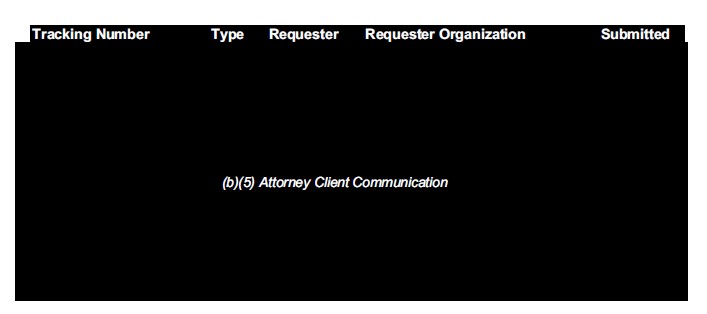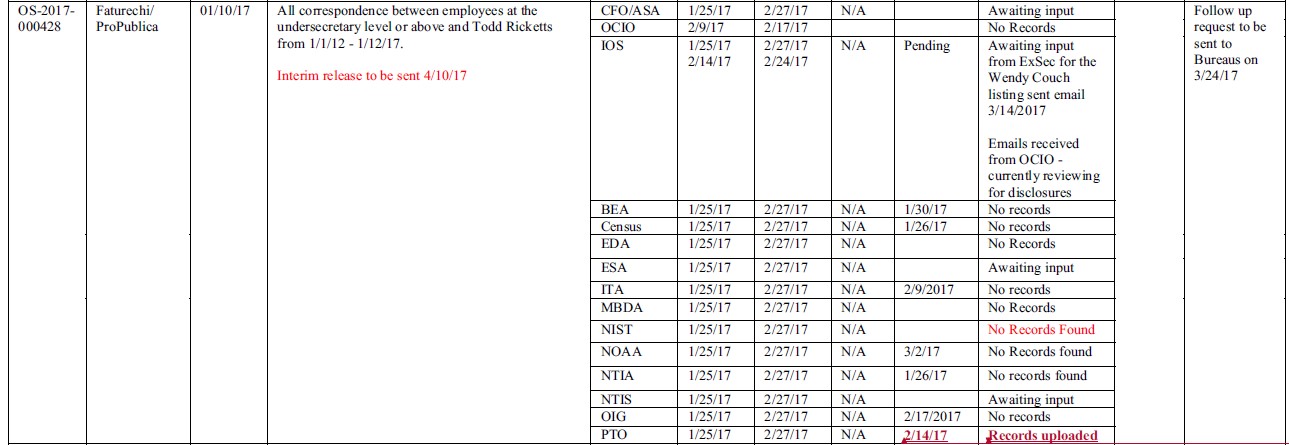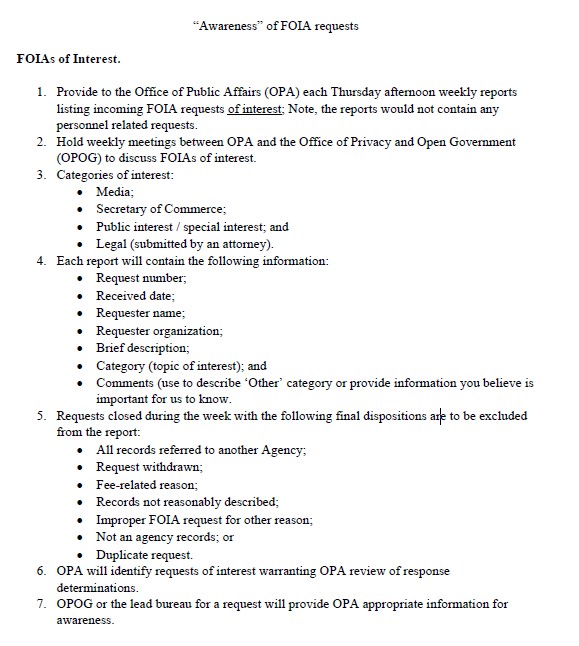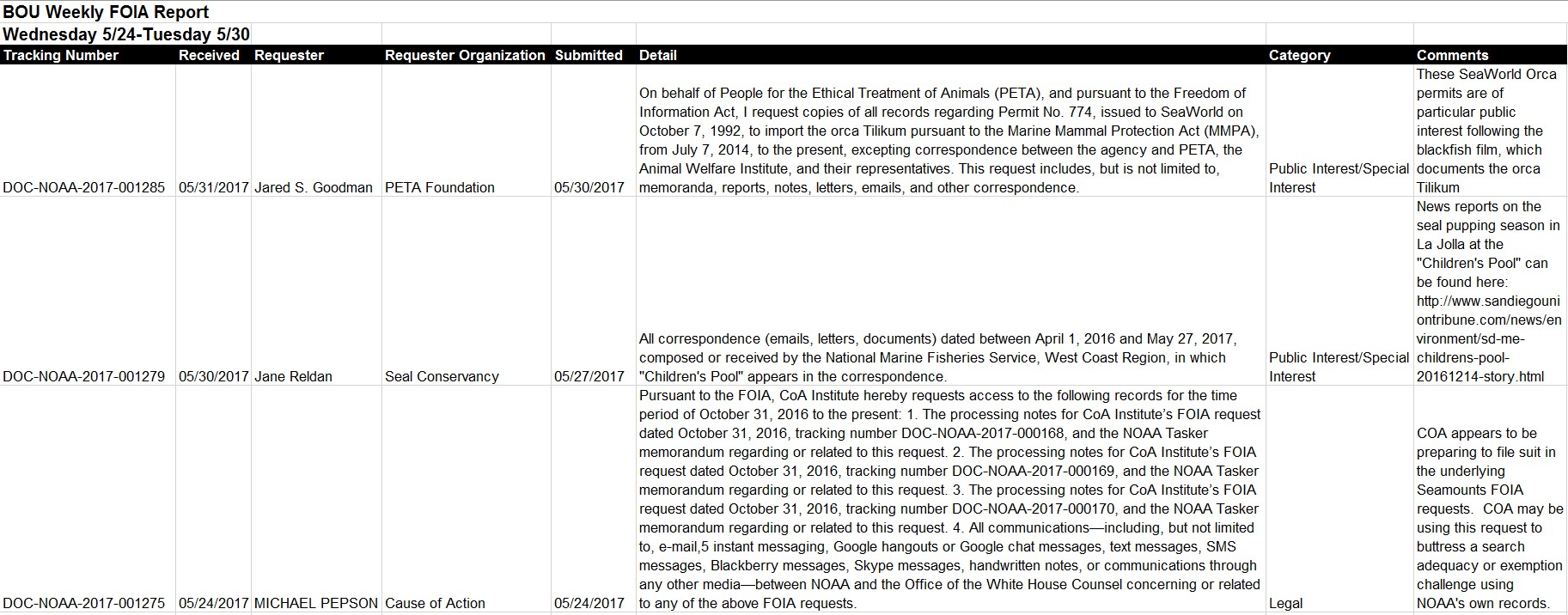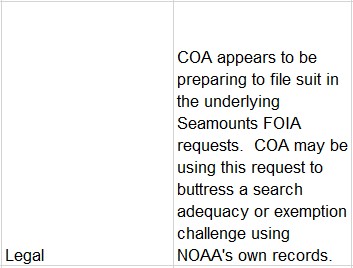Cause of Action Institute (“CoA Institute”) submitted a comment today to the General Services Administration (“GSA”) concerning the agency’s proposed rule revising its Freedom of Information Act (“FOIA”) regulations. CoA Institute explained that the planned changes could cause confusion by directing agency staff to interpret the FOIA statute and GSA’s implementing regulations in light of outdated fee guidelines published by the White House Office of Management and Budget (“OMB”).
OMB published its Uniform Freedom of Information Fee Schedule and Guidelines in 1987. Although the FOIA requires an agency to promulgate its fee schedule in conformity with the OMB Guidelines, they are no longer authoritative because they conflict with the statutory text, as amended by Congress, and judicial authorities. Over the past thirty years, OMB has made no effort to revise the Guidelines. They should not be used as a reference point for the proper administration of the FOIA.
One problematic aspect of the OMB Guidelines is the definition of a “representative of the news media.” The current statutory definition of this fee category, which was introduced by the OPEN Government Act of 2007, differs from the definition provided by OMB. Indeed, the OMB definition, which incorporates an “organized and operated” standard, has long been one of the more contentious aspects of the OMB Guidelines. In 2015, however, the D.C. Circuit issued a landmark decision in Cause of Action v. Federal Trade Commission clarifying that OMB’s definition had been superseded by Congress.
The OMB Guidelines also have been rendered obsolete by other jurisprudential developments. For this reason, in 2016, the FOIA Advisory Committee and Archivist of the United States called on OMB to update its fee guidance. CoA Institute filed a petition for rulemaking on the issue, too. Last November, we filed a lawsuit to compel the agency to provide a response to that petition. Our lawsuit is still pending. Until the OMB Guidelines have been revised to reflect modern circumstances and the actual text of the FOIA, no agency should direct its staff to consult them in any way as an authoritative guide to interpreting the law.
Ryan Mulvey is Counsel at Cause of Action Institute
